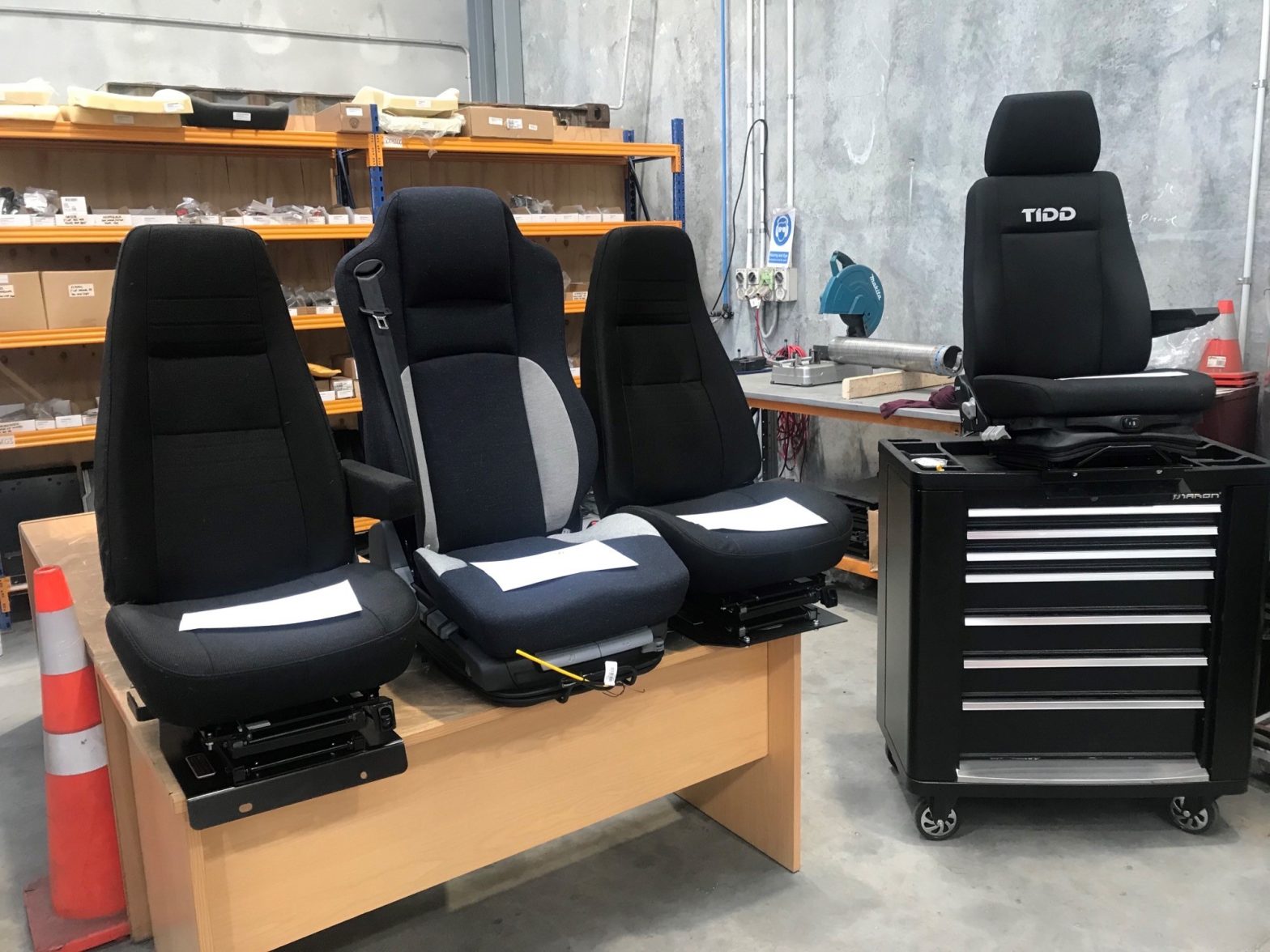
How to Maintain Your Truck’s Hydraulics
Truck hydraulics are essential for a variety of tasks, from lifting and lowering trailers to opening and closing cargo doors.
Maintaining your truck’s hydraulics is important to keep them functioning properly and to extend their lifespan. This includes periodically replacing parts with the help of your local supplier of hydraulic or truck parts in Auckland.
Here are some tips on how to maintain your truck’s hydraulics:
Check The Hydraulic Fluid Level Regularly
The hydraulic fluid is the lifeblood of your truck. It helps to keep the truck moving by providing power to the brakes, steering, and other systems. If the fluid level gets too low, it can cause problems with these systems.
It’s important to check the hydraulic fluid level regularly to make sure it’s full. This can be done by opening the hood and locating the hydraulic fluid reservoir. The level should be between the “full” and “low” marks on the side of the reservoir.
If it’s low, add hydraulic fluid until it reaches the “full” mark. Be sure to use the correct type of fluid for your truck. Check your owner’s manual or with the truck manufacturer to find out the right type to use.
If the fluid level is low and you can’t find the leak, take your truck to a mechanic to have it checked out. A leak in the system can cause the level to drop quickly and can lead to serious problems.
Keep The Hydraulic Fluid Clean
The hydraulic fluid in your truck’s system is responsible for a lot of things. It helps power the brakes, steering and other systems that rely on fluid pressure. If the fluid gets dirty, it can cause a lot of problems.
The first thing you’ll notice is a loss of power. The fluid can’t do its job as well when it’s dirty, so the brakes might not work as well and the steering might feel sluggish. You might also notice that the truck is harder to start in cold weather.
Dirty hydraulic fluid can also cause corrosion and damage to the system’s components. Over time, this can lead to expensive repairs.
The best way to keep the hydraulic fluid clean is to change it regularly. Check your owner’s manual to see how often the manufacturer recommends. You can also have it flushed and replaced if it’s been a while since it was last done.
Replace The Hydraulic Fluid Filter As Needed
If you notice any problems with your truck’s hydraulic system, have it checked out by a professional. They can help you determine if the fluid needs to be changed or if there’s something else going on.
Inspect The Hydraulic Hoses Regularly
A truck’s hydraulic system is vital to its proper function. The hoses that carry the hydraulic fluid are under constant pressure and can be subject to wear and tear. It is important to inspect the hoses regularly to ensure that they are in good condition and not leaking.
The hoses should be inspected for signs of wear, such as cracks, splits, or fraying. If any damage is found, the hose should be replaced. The hoses should also be checked for leaks. A small leak can quickly become a big problem, so it is important to catch them early.
The best way to inspect the hoses is with a pressure gauge. The pressure should be checked when the engine is off. If the pressure is lower than normal, it could be a sign of a leak.
It is also a good idea to check the hoses for kinks or bends. These can cause the hose to rub against something and wear down over time.
If any damage is found, the hoses should be replaced as soon as possible. Hydraulic fluid is under high pressure and can be dangerous if it leaks. It is also important to make sure that the hoses are properly routed so that they are not damaged.
Regularly inspecting the hydraulic hoses is an important part of truck maintenance. By catching problems early, you can avoid costly repairs and keep your truck running smoothly.
Inspect The Hydraulic Pump Regularly
As the heart of your hydraulic system, your truck’s hydraulic pump needs to be regularly inspected to ensure it’s in good working order. Here’s what you need to know about inspecting your hydraulic pump.
Visual Inspection
First, do a visual inspection of the pump. Look for any signs of leakage, cracks, or other damage. If you see any damage, it’s best to replace the pump rather than try to repair it.
Listen for Noises
Next, start the engine and listen for any unusual noises coming from the pump. If you hear any grinding, whining, or other strange noises, it could be a sign that the pump is damaged and needs to be replaced.
Check the Fluid Level
Next, check the hydraulic fluid level. If it’s low, it could be a sign of a leak. Check all the hoses and fittings for leaks. If you can’t find a leak, the pump may be sucking in air, which will damage it.
Check the Pressure
Finally, check the hydraulic pressure. If it’s too low, it could be a sign of a problem with the pump.
If you find any problems with your hydraulic pump, it’s best to replace it rather than try to repair it. A new pump will ensure your truck’s hydraulic system is in good working order and will help avoid costly repairs down the road.
Replace The Hydraulic Pump As Needed
The hydraulic pump is the heart of your truck’s hydraulic system. It is responsible for moving hydraulic fluid through the system to power the various components. Over time, the pump can wear out and need to be replaced.
If you notice that your truck is not performing as well as it used to, or that the hydraulic system is making strange noises, it may be time to replace the hydraulic pump. Replacing the pump is a fairly simple process, and can be done relatively quickly.
Before you begin, make sure that you have the correct replacement pump for your truck. You will also need a few tools, including a wrench set and a socket set.
To replace the hydraulic pump, start by disconnecting the negative battery cable. Next, locate the pump and loosen the bolts that hold it in place. Carefully remove the old pump and discard it.
Install the new pump in the same location and tighten the bolts. Reconnect the negative battery cable and start the truck. Test the hydraulic system to make sure that it is working properly.
If you notice any leaks, or if the system is not working properly, take the truck to a qualified mechanic for further diagnosis. Replacing the hydraulic pump is a fairly simple process, but it is important to make sure that the system is working properly before you hit the road.



